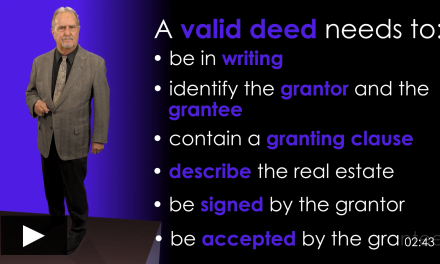As the COVID-19 pandemic stretches into its second year, California health officials are attempting to slow the spread with safer-at-home restrictions. However, for survivors of domestic abuse, home is often the most dangerous place.
On September 28, 2020, Governor Newsom signed Senate Bill 1190 to help more of California’s most vulnerable renters. This bill would expand tenancy termination protections for tenants who were victims of abuse.
Previously, California Civil Code §1946.7 authorized a tenant to terminate a tenancy and be released of any rent payment obligation without penalty when:
- the tenant suffered domestic abuse, stalking, sexual assault, human trafficking or abuse by an elder or dependent adult; and
- provided written notice of the abuse.
The law also required tenants to attach documentation evidencing the abuse or violence along with their written notice. Acceptable documentation was restricted to:
- a restraining order;
- police report; or
- qualified third-party documentation evidencing treatment for physical or mental injuries due to the abuse or violence.
Immediately family members now qualify
Senate Bill 1190 widens these protections to include immediate family members of tenants who were the victim of a crime as well as lengthens the list of eligible crimes to include:
- the use or threat of force;
- use or threat of a firearm; and
- bodily injury or death.
Documentation requirements under this bill would also be broadened to any form of documentation that reasonably verifies the qualifying act or crime occurred. Further documentation is required by the tenant when the immediate family member did not live in the tenant’s household at the time of the incident, or if any part of the incident occurred within the household or within 1,000 feet of it. This written documentation needs to include a statement of the incident the immediate family member was victim to and that the tenant intends to relocate as a result.
Under this bill, an immediate family member is defined as a parent, stepparent, spouse, child, child-in-law, stepchild, sibling, or any person living in the tenant’s household at the time the act or crime occurred. If a tenant is to exercise these rights under this immediate family member clause, the tenant is responsible for payment of rent for no more than 14 days following the giving of notice.
Further tenant protections now included
Additionally, Senate Bill 1190 now prohibits landlords from retaining the tenant’s security deposit or advance rent when a tenant exercises these rights.
Furthermore, as the tenant is not within breach of their rental or lease agreement when exercising these rights, refusal to rent to an otherwise qualified tenant based on the fact they exercised these rights is also prohibited under this new law.
As the first point of contact with the public, agents and brokers are in a unique position to understand the silent plight of domestic abuse survivors. SB 1190 is another step toward making housing insecurity a nonissue for those dealing with trauma.
Editor’s note: If you or someone you know is a victim of domestic violence, please contact the National Domestic Violence Hotline at 1-800-799-SAFE (7233) or thehotline.org.















Under SB 1190, after tenant provides proper notice to terminate tenancy, how long does the tenant have to vacate the property? Thank you.